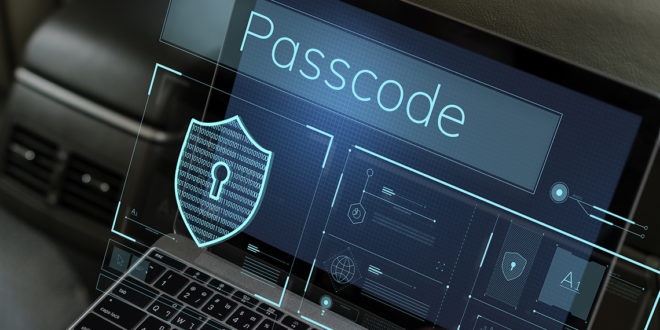Safeguarding Your Online Voyage: Essential Tips for Secure Web Surfing

The digital age has revolutionized the way we interact with information, connect with others, and conduct our daily lives. However, as we embrace the conveniences of the internet, it is paramount to navigate its vast ocean with caution. Safeguarding our digital footprints and ensuring a secure online experience requires awareness, diligence, and the right tools.
Understanding Internet Threats
The internet, vast and nebulous, is teeming with both opportunities and hazards. From intrusive advertising trackers to malicious cyber attackers, the dangers can be subtle or overt. Recognizing these threats is the first step toward protecting oneself.
While many websites have user interests at heart, others might be designed to phish for information, inject malware, or conduct scams. Educating oneself about the prevalent threats helps in making informed decisions while browsing.
Strengthening Browser Security
Your web browser is your primary gateway to the internet, and ensuring its security is crucial. Regularly updating your browser ensures you benefit from the latest security patches. Using built-in privacy modes can help reduce exposure to unwanted trackers and cookies.
Moreover, consider utilizing browser extensions that enhance privacy. Tools that block ads, prevent tracking, or alert you about dubious websites can considerably enhance your online security.
Passwords and Authentication
Passwords are the keys to our digital kingdom. Thus, crafting strong, unique passwords for every online account is crucial. Avoid using easily guessable information, like birthdays or names, and consider integrating numbers, symbols, and a mix of upper and lowercase letters.
Wherever available, enable two-factor authentication (2FA). This extra layer of security ensures that even if someone cracks your password, they won’t easily gain access to your account without a second verification step.
Managing multiple robust passwords might seem challenging, but password managers can help. These tools store and generate strong passwords for you, ensuring you only need to remember one master password.

Secure Network Connections
Always be wary of public Wi-Fi networks. While they offer convenience, they are often less secure, making it easier for cybercriminals to intercept data. If you must use a public network, avoid accessing sensitive information or making financial transactions.
For an added layer of security, consider using a Virtual Private Network (VPN). VPNs encrypt your internet connection, making your online actions virtually anonymous and harder to trace.
Final Words: Continuous Vigilance
The realm of the internet is constantly evolving, and so are the threats that lurk within. To stay safe, it’s essential to keep abreast of the latest security trends and threats. Regularly updating software, being cautious about the links you click, and being skeptical of too-good-to-be-true offers can go a long way.
Ultimately, the key to safe internet surfing lies in continuous vigilance, education, and the strategic use of security tools and best practices.


